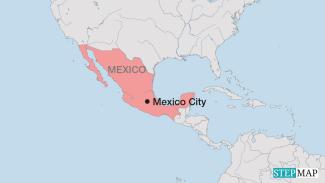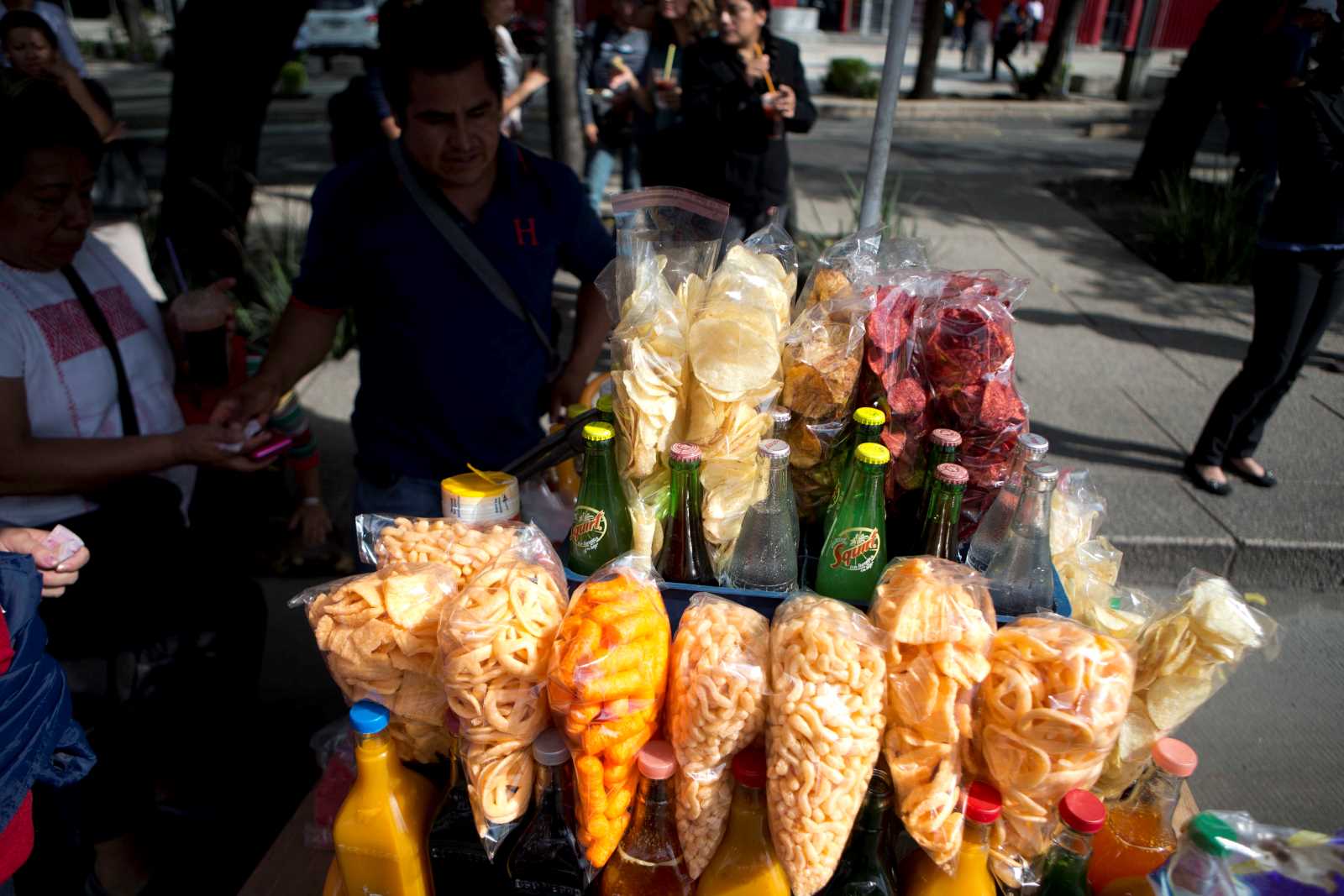Malnutrition
Junk food in school

A nationwide survey on school meals conducted over the last two years by the Mexican Network for Children’s Rights (Red por los Derechos de la Infancia en México – REDIM) and El Poder del Consumidor (Consumer Power) has revealed that nine out of ten schools offer sugary drinks, sweets and fried foods every day, while only two out of ten schools offer drinking water and natural foods. According to the 2022 National Health and Nutrition Survey (Encuesta Nacional de Salud y Nutrición – ENSANUT), 82.6 % of preschool children and 93.6 % of schoolchildren consume sugary drinks. As a result, schoolchildren consume more than 500 extra calories on average, as another study by El Poder del Consumidor estimates.
New guidelines
Social organisations are trying to limit access to junk food in schools. Following a reform of the General Education Law approved in December 2023, the Ministry of Public Education (Secretaría de Educación Pública - SEP) had to draw up new guidelines to ban the sale and advertising of non-essential food and drinks in schools. The National Institute of Public Health (Instituto Nacional de Salud Pública – INSP) estimates that the number of cases of childhood obesity can be reduced by 500,000 within a year if these guidelines are applied effectively in the next school year. However, they have yet to be published.
On 26 June 2024, the Alianza por la Salud Alimentaria, a coalition of civil society organisations and professionals concerned about the obesity and malnutrition epidemic in the country, called on the SEP to publish these guidelines before the start of the new 2024/2025 school year. It also suggests that these guidelines be expanded to include the following:
- a ban on the sale of junk food in schools,
- the obligation of schools to offer healthy food at affordable prices,
- priority for local agriculture in school meals,
- structured nutrition education and
- a guaranteed access to water, sanitation, adequate food and a healthy environment.
Pamela Cruz is the Special Projects Coordinator at Comunalia, a network of community foundations in Mexico and Strategic Advisor at MY World Mexico.
pamela.cruzm@gmail.com











